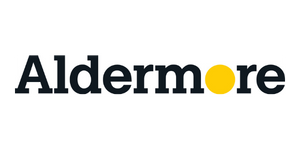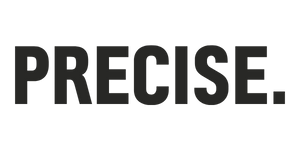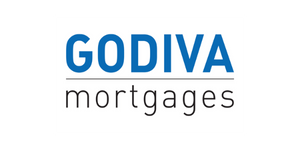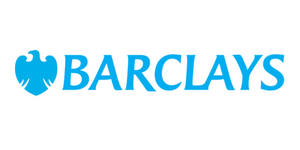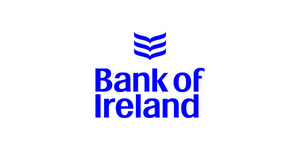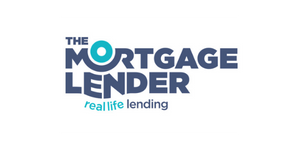Mortgage Advice for Professionals
Typically, people like solicitors, accountants, and other professionals may be highly successful and have a healthy income, but the structure of their employment or income profile may not fit into a neat box for lenders when it comes to mortgage affordability assessments. This is unlike those in more conventional salaried employment who can easily provide payslips and proof of employment.
Fortunately, we have access to lenders from across the UK mortgage market, including many smaller lenders who are professional mortgage specialists.
Who is classed as a professional?
Someone is classed as a professional if they are fully qualified and practice their profession. The majority of professionals will have a degree, although this doesn’t apply to all. Some of the most common types of professionals we have worked with include:
- Doctors/GPs
- Accountants
- Solicitors/Lawyers
- Veterinarians
- Barristers
- Architects
- Teachers
- Chartered Surveyors
- Actuaries
If you’re unsure if you class as a professional, why not reach out today? Our expert professional mortgage advisors are on hand to discuss your situation.
What are the benefits of getting a mortgage as a professional?
Some lenders may offer mortgage products that are explicitly branded as professional mortgages, while others may allow you to apply for a standard mortgage but then apply slightly different criteria for certain professions during the application and underwriting process.
The reason lenders may offer special consideration is that professionals are statistically lower-risk borrowers than other types of applicant. This is because qualified professionals often have a more predictable career path, more stable income, and the potential to be high earners. Professional mortgages can come with some benefits that include:
- A more favourable affordability assessment when working out how much you can borrow. Applications are also often assessed individually, rather than using a rigid formula.
- More flexibility in considering income sources when assessing affordability, potentially including such factors as bonuses, regular overtime, and secondary income sources, allowing you to borrow more.
- Higher loan-to-value (LTV) borrowing allowed. For example, 90% of the property value rather than 85% offered to other types of borrower, so you can put down a smaller deposit.
- Flexible borrowing – for example, the ability to make early part-repayments, draw down additional borrowing, offset savings to reduce mortgage interest, or take payment holidays.
- Other incentives such as free valuations, free legal fees, or cashback.
Mortgage rates for professionals
Due to the lowered risk when lending to professionals, many lenders may offer more competitive interest rates. This is because they perceive a lower risk, meaning they don't need to 'offset' as much by charging higher rates.
Listing exact interest rates that you should expect as a professional can be difficult. The mortgage market is so versatile and rates change every day. Furthermore, professional mortgages are assessed on a case-by-case basis, therefore, what one person may be charged could be completely different to you.
If you want to understand what rate you may be charged, get in touch today. Our team are happy to discuss your situation over a free no-obligation consultation.
How much can I borrow as a professional?
When assessing your application, lenders will consider your verifiable income as well as any expenditure you may have, such as existing secured or unsecured credit commitments. Affordability assessments can be complex and vary from lender to lender, therefore it’s hard to give an exact figure.
However, professional mortgage lenders apply more favourable weighting factors in affordability assessments for professionals. This is because professionals are statistically lower risk, as discussed above. This means you could borrow more than someone in non-professional employment. It’s also true that smaller, more specialist, lenders may be in a position to let you borrow more than a mainstream bank or building society would.
In our experience, professionals can typically borrow on average anywhere from 4.5 to 6 times their income. However, there are many factors that will affect this multiplier, including your expenditure, deposit, and credit history.
Common professional scenarios & how lenders help
Beyond standard employment, many professionals have unique income or career structures that specialist lenders are well-equipped to understand:
- Newly Qualified/Junior Professionals: If you've recently qualified or are still in a structured training programme (e.g., a newly qualified solicitor or accountant on a defined career path), some lenders are willing to consider your future earnings potential. They may accept an offer letter detailing a significant salary increase expected within a few months, allowing you to borrow more than your current income suggests.
- Locum/Contracting Professionals: Professionals working on an ad-hoc, locum, or short-term contract basis (e.g., IT consultants, interim managers, supply teachers) can still secure a mortgage. Lenders will typically assess your income by averaging your earnings over a period, often 6 – 12 months (sometimes more), looking for consistency in your work patterns and income. They may require multiple contracts or agency statements.
- Partners in Firms (Equity & Salaried): For those who are partners in a firm (e.g., accountancy, law, architecture practices), your income may be structured as a share of the firm's profits, which can be variable. Specialist lenders understand these structures and will assess your income based on partnership agreements, the firm's accounts, and your personal tax returns (SA302s). For new equity partners, some lenders may even consider a letter from the firm's finance director confirming your projected profit share.
- High Net Worth (HNW) Professionals & Large Loans: Professionals often have high incomes and substantial assets, leading them to seek larger mortgages. Specialist lenders and private banks are well-versed in assessing complex wealth, including multiple income streams, investments, trusts, and international assets, offering bespoke solutions for loans often exceeding £1 million.
How can using a mortgage broker help you?
Professional mortgages are available from a number of lenders, but still represent a relatively niche segment of the mortgage market. At IMC Mortgage Brokers, we have access to mortgage deals from lenders across the UK, from high-street banks and building societies to more specialist lenders, including private banks.
By using a professional mortgage broker, you can ensure you are putting yourself in the best position to obtain the most competitive product. So, reach out today to get started on your mortgage journey.
- - I’m a self-employed professional, can I get a mortgage?
- - What documents do I need when applying for a mortgage as a professional?
- - Can I get a mortgage if I've just qualified or started a new professional role?
- - How is my future income potential assessed for a mortgage?
- - What if I work as a locum or on fixed-term contracts?


